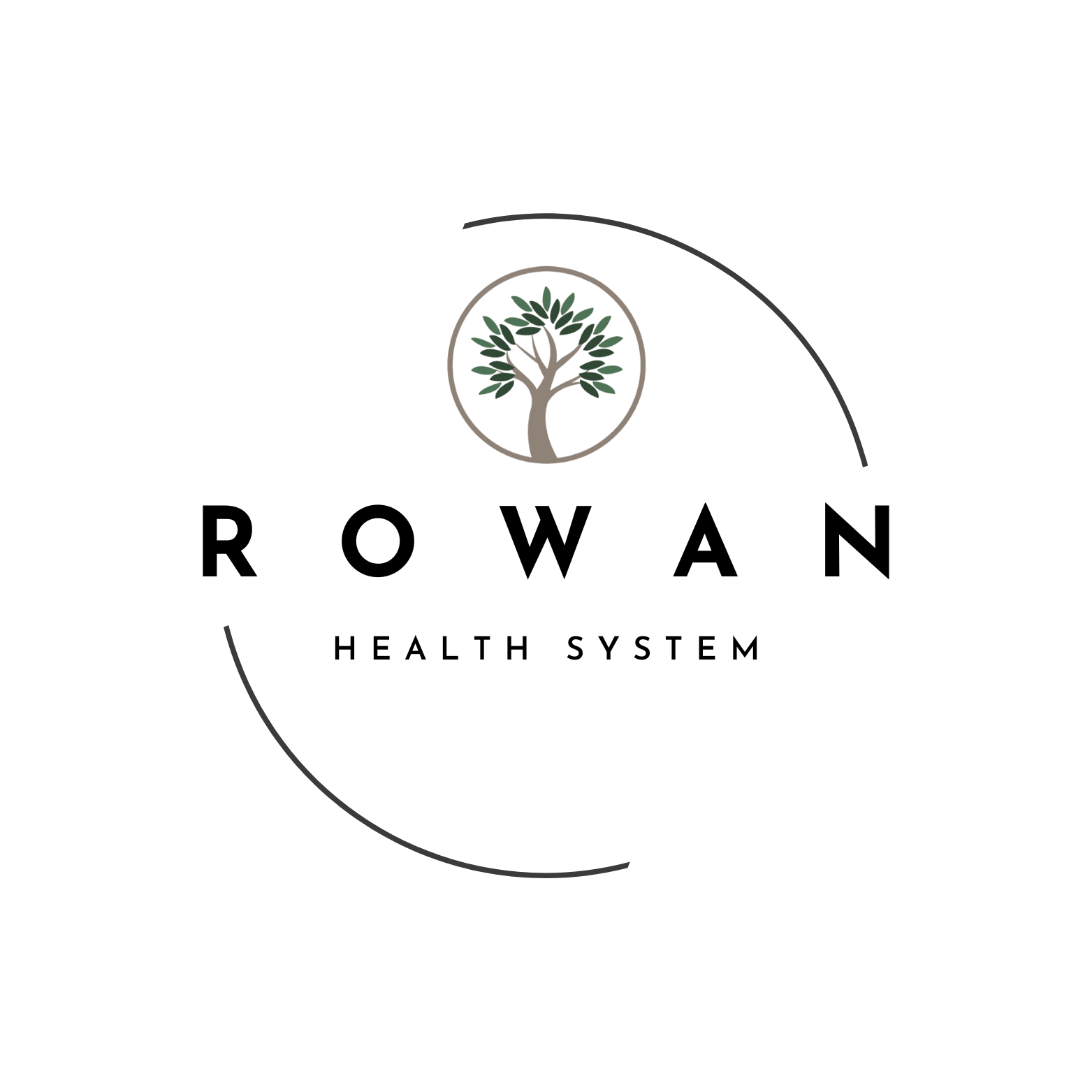Feeding Therapy and Nutritional Service:
Feeding Therapy:
Our interdisciplinary team of occupational therapists, speech and language pathologists, psychologists, and registered dietitians evaluate and provide support for children with a variety of feeding and eating challenges.
What is feeding therapy?
Food is at the center of several daily interactions and can be a point of frustration, stress, and conflict for many families. Our feeding therapists are equipped to use a holistic approach to understand if a child is achieving age-appropriate eating or if they would benefit from support in working towards this.
Examples of our services include g-tube weaning, support for picky eating, dysphagia treatment, preparation for a modified barium study, or supporting a toddler in advancing their diet to age-appropriate foods and textures.
Does my child need feeding therapy?
Some children need extra support to meet their daily energy and nutrient needs. Feeding therapy is often recommended if an infant or child is/has:
Showing poor growth and/or weight gain
Born premature
A limited diet (including textures and/or flavors)
Not advancing beyond using the bottle after 12 months old
Gagging on advanced textures
A diagnosis associated with oral motor delays/challenges (i.e. down syndrome, cerebral palsy, autism spectrum disorder (ASD), other genetic disorders)
A feeding tube
Sensory challenges
Had a recent surgery
Our goal is:
Safe and positive interactions with food
Shared, pleasurable experience around mealtimes
More varied diet
Intake of age-appropriate foods in various environments
Nutrition Services
Our nutrition services include tailored support to help children of all abilities consistently meet their nutrient, energy, and hydration needs. Our licensed registered dietitians monitor children's’ linear growth and weight gain, as well as their diet, to promote nutritional adequacy and optimal overall health.
What is a registered dietitian?
A registered dietitian is a licensed professional that has completed a degree in nutrition and a licensing exam for their credential. They are nutrition experts. Our registered dietitians are experienced working with a vast array of children ranging from picky eaters to children who are solely fed by feeding tube. They complete dietary analyses and track growth to assess a child’s nutritional status and provide realistic recommendations to help each child thrive and achieve their full potential.
Examples of our nutrition services include supporting weight gain in infants demonstrating poor growth, nutrient analyses to identify areas of concern in a child’s diet, recipe and ingredient support for g-tube feedings, treatment for constipation and reflux, bottle weaning, and prescribing specialized diets (i.e. celiac disease, food allergies, pureed diets, etc.).
Does my child need to see a registered dietitian?
Every day is a good day to support your child’s nutrition! Our registered dietitians provide general nutrition consultations to help guide families on a path to success around food and nutrition. Sometimes children and families need additional and regular support to achieve nutritional adequacy. Nutrition services are often recommended for children when an infant/child is/has:
Formula intolerance
Food refusal
Failure to thrive (or poor growth)
Food allergies
A feeding tube
A genetic diagnosis that impacts nutrient intake and/or absorption, such as a seizure disorder
Above average calorie needs due to a surgery or birth defect, such as a cardiac defect
Disordered eating
ARFID
Food selectivity
Sensory challenges
Our goal is:
Healthy growth and weight gain
Age-appropriate variety of foods from all food groups
Adequate hydration
Regular bowel movements
Adequate intake of all nutrients
Frequently asked questions
Patient resources
Make informed decisions about your health
We provide resources to help you better understand your condition and make informed decisions.
Step 1: Book an appointment
This entails collecting data pertaining to the patient's past health records, present indications, a thorough physical assessment, or diagnostic tests.
Step 2: Diagnostic
The healthcare practitioner will subsequently put the treatment strategy into action, which might encompass dispensing drugs, conducting medical procedures, or delivering therapeutic interventions.
Step 3: treatment
The healthcare practitioner will subsequently put the treatment strategy into action by delivering therapeutic interventions.





